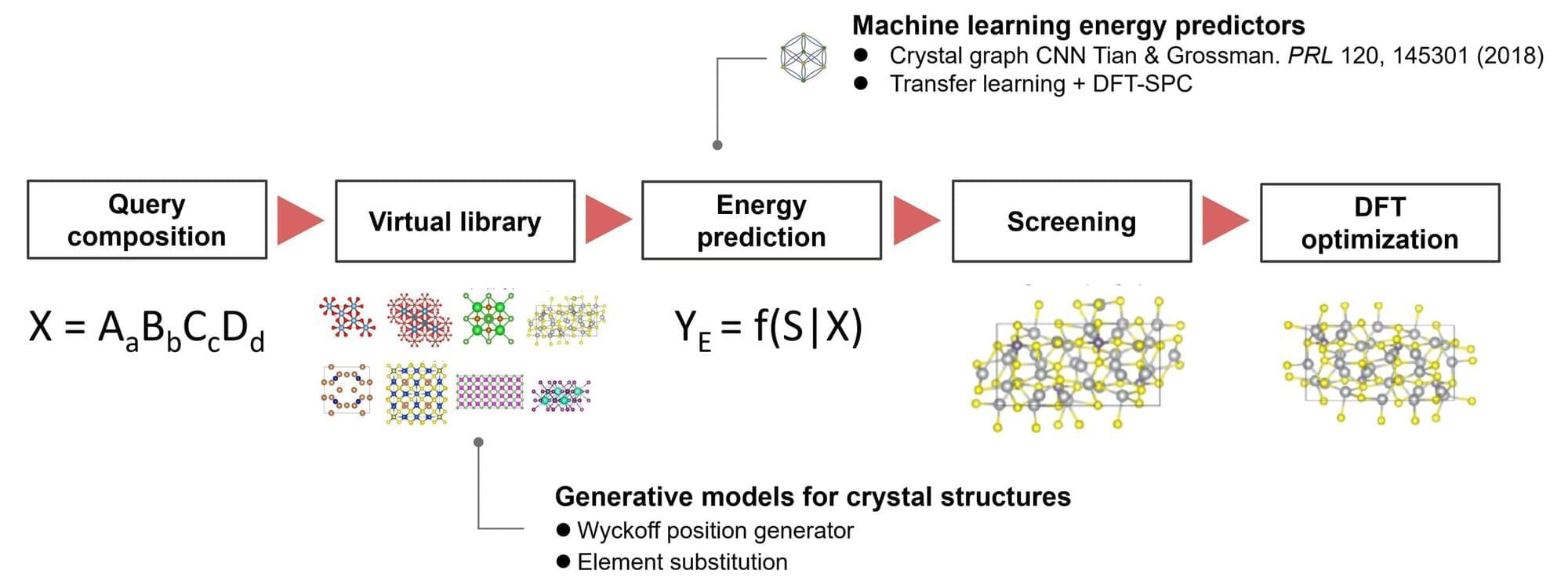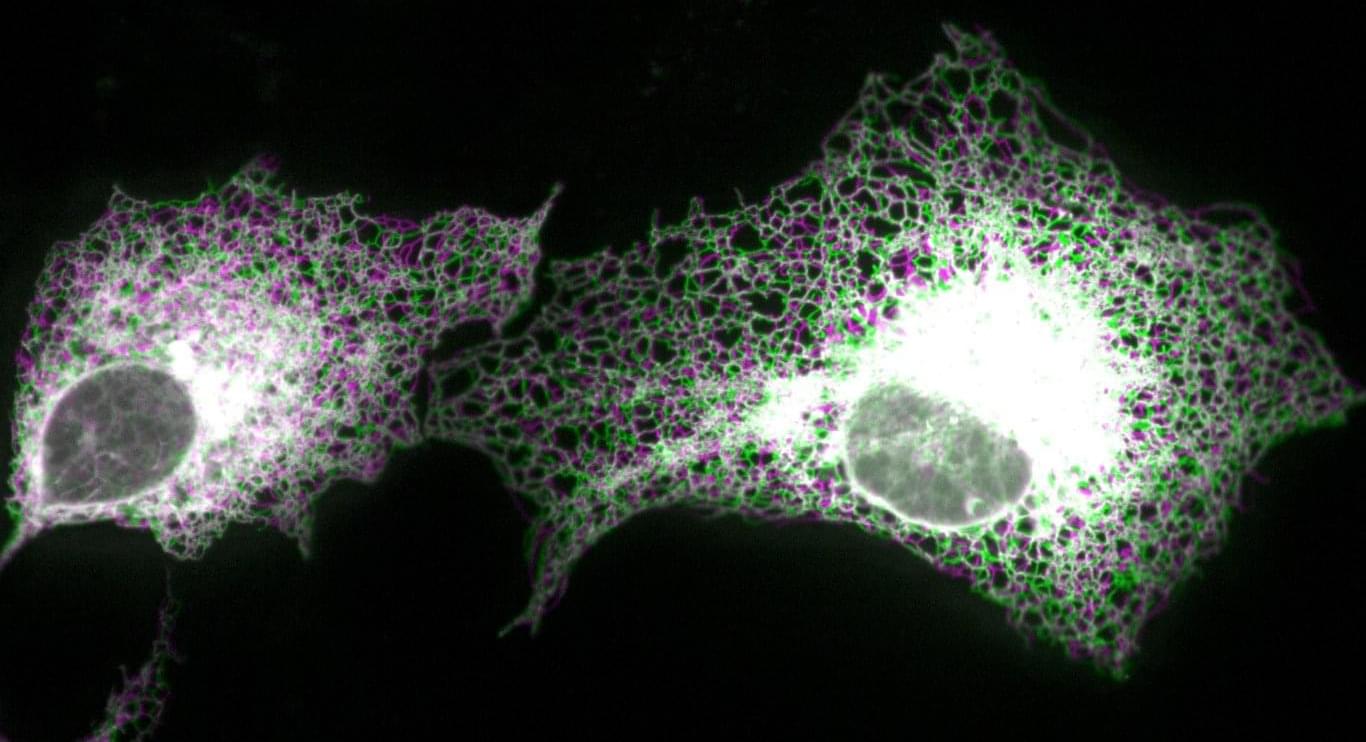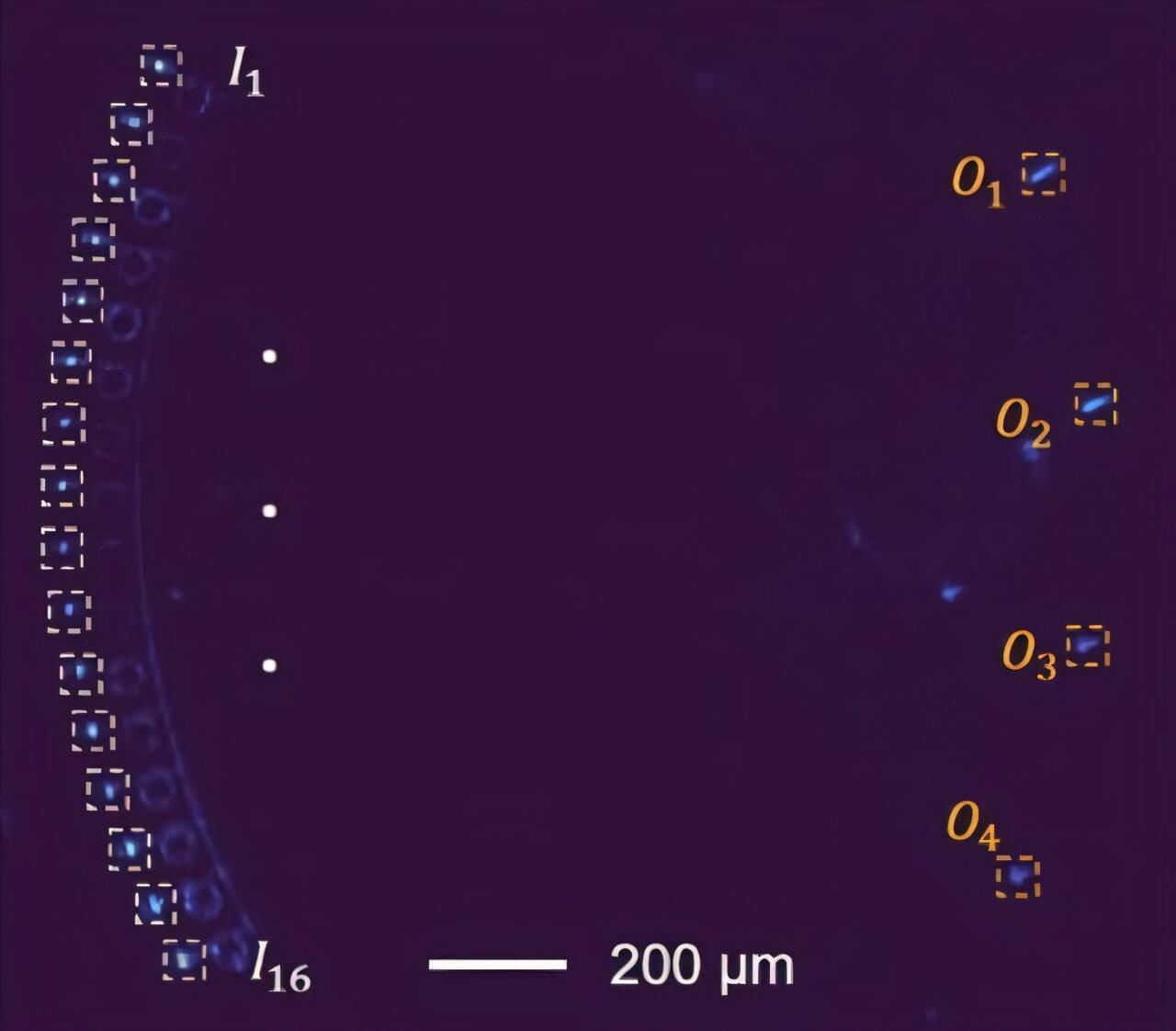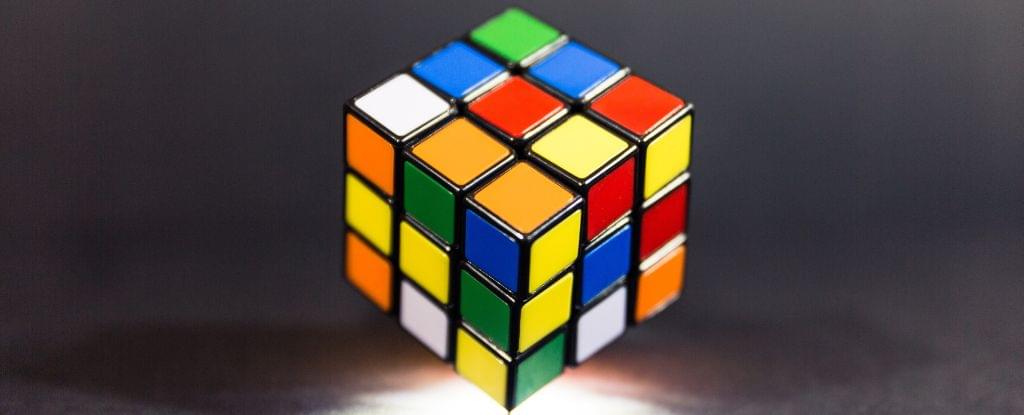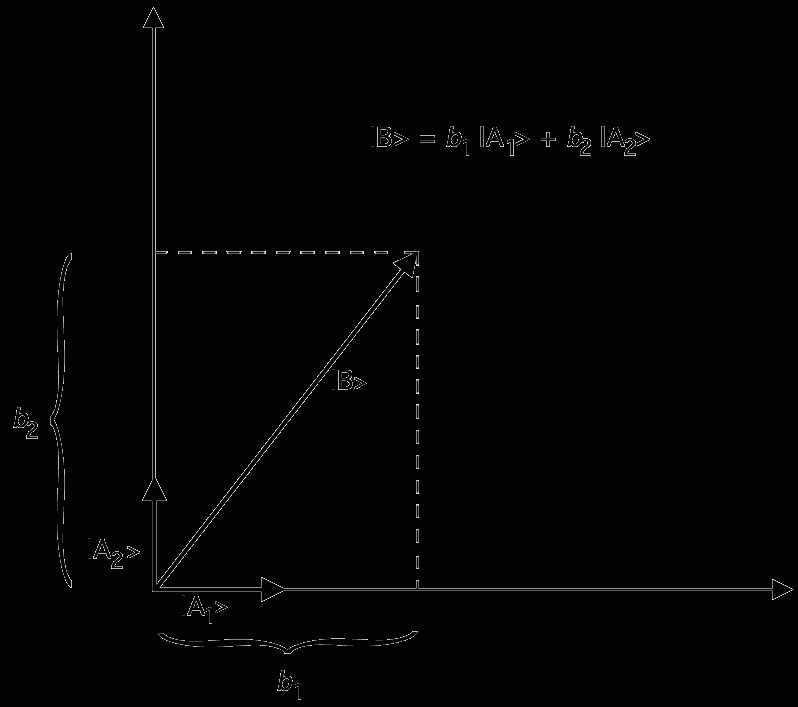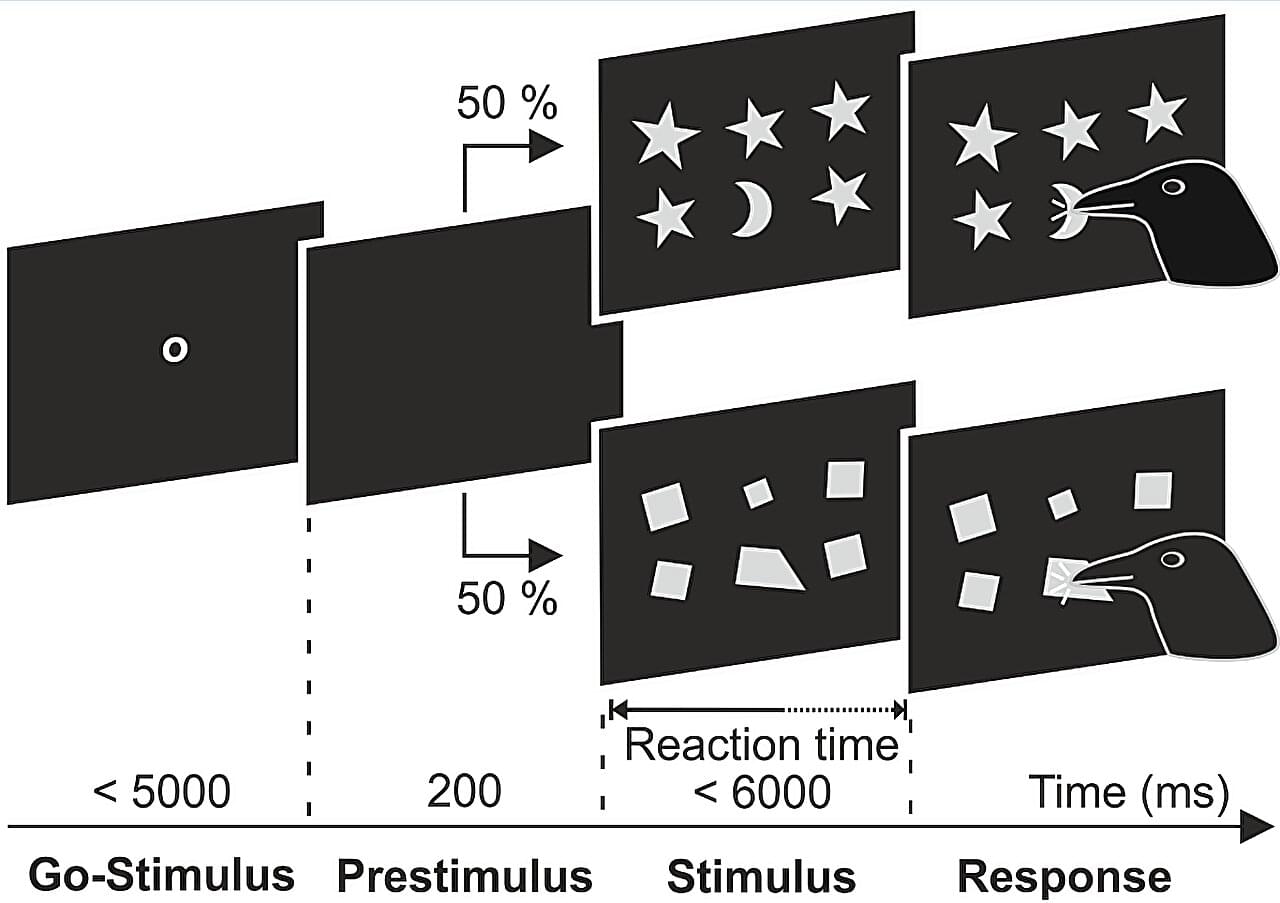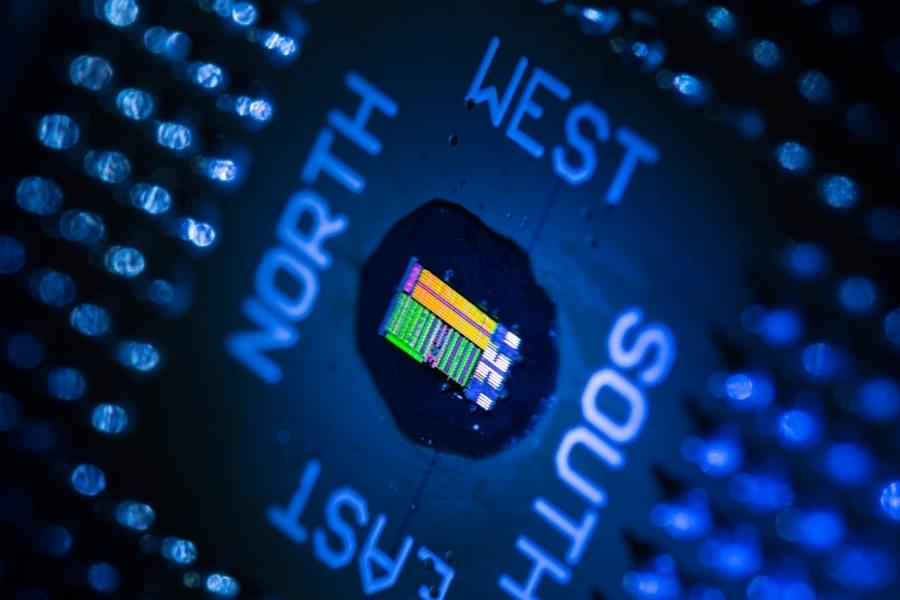A research team from the Institute of Statistical Mathematics and Panasonic Holdings Corporation has developed a machine learning algorithm, ShotgunCSP, that enables fast and accurate prediction of crystal structures from material compositions. The algorithm achieved world-leading performance in crystal structure prediction benchmarks.
Crystal structure prediction seeks to identify the stable or metastable crystal structures for any given chemical compound adopted under specific conditions. Traditionally, this process relies on iterative energy evaluations using time-consuming first-principles calculations and solving energy minimization problems to find stable atomic configurations. This challenge has been a cornerstone of materials science since the early 20th century.
Recently, advancements in computational technology and generative AI have enabled new approaches in this field. However, for large-scale or complex molecular systems, the exhaustive exploration of vast phase spaces demands enormous computational resources, making it an unresolved issue in materials science.
